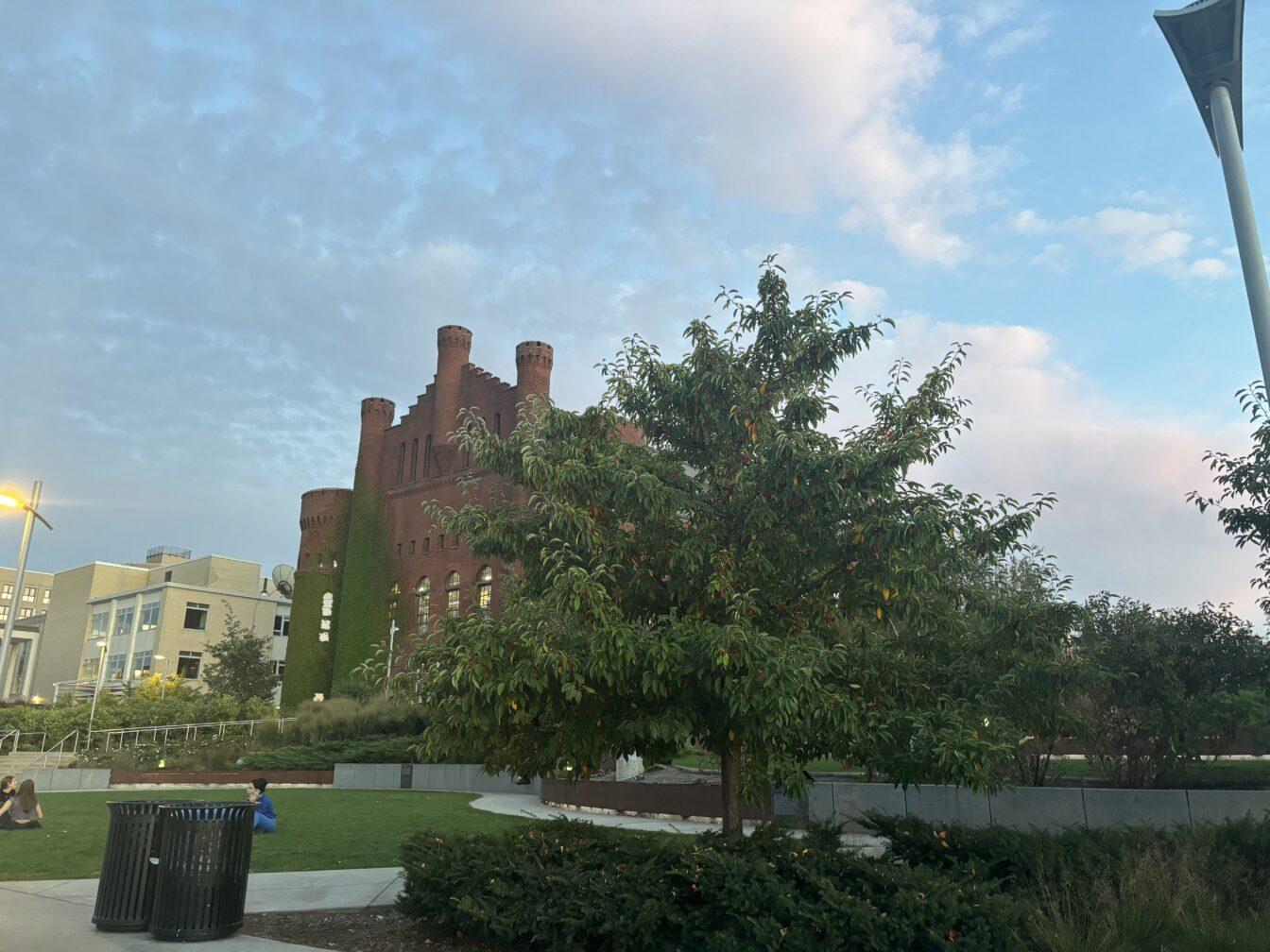A recently announced project led by University of Wisconsin professors hopes to utilize paper mill waste and transform it into usable plant-based plastics.
The project, slated to begin in early 2024, was made possible after the U.S. Department of Energy awarded $4 million to fund a collaboration between Wisconsin Energy Institute researchers, the National Renewable Energy Laboratory and industry partners, according to a press release from the Wisconsin Energy Institute.
UW chemistry professor Shannon Stahl is leading the project. His research centers around advancing catalysts — a substance that increases the rate of a chemical reaction — to address global issues like lessening human contributions to climate change.
The project fits in with his goals as its purpose is to replace petrochemicals, a major pollutant, as the raw material for many of the world’s plastics, according to Stahl.
This will be accomplished by breaking down the lignin found in paper waste — a stiff and rigid material that helps plants to stay stable — into its component parts and then converting these parts using microbes into a precursor of nylon. Nylon is commonly used to make textiles, carpets and molded plastics, according to the Wisconsin Energy Institute.
“We’re essentially combining chemistry and biology to convert plant material into a single valuable building block for commodity plastics,” Stahl said.
The petrochemical industry, which is what the project hopes to offset, accounts for 18% of total global industrial carbon dioxide emissions. The demand for petrochemicals has nearly doubled since 2000 and the sector consumes 8% of global daily gas use and 14% of global daily oil use. The demand for petrochemical products will grow by 30% by 2030 and 60% by 2050, according to the Financial Times.
The project, through using plant-based materials, will pull carbon dioxide out of the air rather than putting it into the air, contributing to decarbonization, Stahl said.
The project also aims to improve the economy. The forestry industry in the United States has not been competitive on the world stage, so many of the paper mills in Wisconsin and the upper regions of the U.S. have had to shut down and the jobs have gone overseas. This project would offer a new economic opportunity to the forestry and agricultural industries to use existing infrastructure and target a new market, Stahl said.
According to Stahl, though the project is planned to start in early 2024, researchers will need about three years to establish the technology. All of the project’s components have been successful in a laboratory setting. The purpose of the project is to translate the lab-based protocols onto a much larger scale — ideally with a startup company that could commercialize the project.
“This project helps to establish the University of Wisconsin as a leader in crucial sustainability technologies,” Stahl said. “It has close ties to Midwestern agriculture and the Midwestern economy. I think it’s important for Wisconsin to be establishing leadership in the space.”



